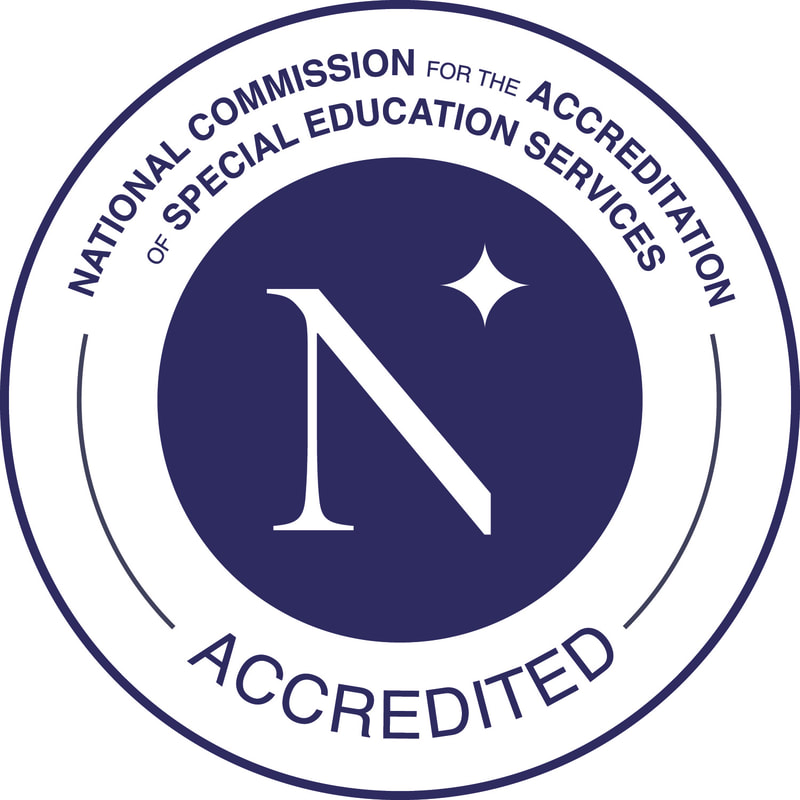|
by Caity Liechty, MSW Intern Do you ever feel like your jaw or back is incredibly sore or tense for no reason? Have you ever found yourself feeling completely blindsided by anger or sadness or anxiety? Do you ever feel like an emotion you’re experiencing is too big to deal with? Many people with autism struggle to understand their emotions. They experience difficulty in:
During a social interaction, if you don’t know what the other person is feeling or experiencing, planning what to do or say next becomes infinitely harder. But how can you expect to know what somebody else is feeling if you aren’t even completely sure what you’re feeling yourself? Being self-aware enough to know what you’re feeling (and therefore, what you need) is an essential part of successful social interactions and relationships. It’s a first step towards learning empathy, a skill that helps deepen and enhance relationships. The most common answers people give when asked how they are feeling are 1) thoughts (“I feel like I want to leave right now”) or 2) basic emotions (sad, mad, happy, tired). The first is not actually answering the question since thoughts are not the same as feelings. Nonetheless, saying a thought is one of the most typical responses people give when asked how they are feeling. The second answer is fine, but it shows a lack of deeper understanding. Are you sad? Or are you guilty - ashamed - depressed - lonely - bored - remorseful - isolated - tired? The movie Inside Out gives excellent examples of emotions and how they influence our daily lives. In the clip below, the main character, Riley, has just found out that you can experience more than one emotion as a reaction to a memory or experience (e.g., sadness and joy when remembering better times). After she makes this discovery, there is a new emotion console installed in her brain that gives her expanded access and understanding to her emotions. This is to show that once a person is able to move beyond describing their experience as purely happy or sad or gross, they can be more self-aware and gain greater insight into the world around them. Being able to get this expanded awareness requires learning the names and definitions of different emotions. It is the first step on the way to emotional literacy. Once you know the names of the emotions, the next step is to be able to identify them within yourself. Doing this requires you to look at
An important aspect of this process is being nonjudgmental. Feelings are not good or bad. Feelings are not forever. And feelings are not always reflective of reality. Being able to step back and mindfully recognize what emotions you are experiencing without shaming or judging yourself is an essential component of step three - coping with your emotions. Once you can name, identify, and accept whatever emotions you have, you can move on to learning how to deal with them. Sometimes, simply accomplishing naming, identifying, and accepting the emotion is enough to deal with it. When you can let go of the control an emotion has over you by recognizing that it won’t be there forever, you allow yourself to move on from it. And you can check “dealing with it” right off your list. If that isn’t enough, it’s time to move on to coping skills. These are things that you do to help bring you back from an intense emotion to your healthy baseline. Coping skills are different for everyone, and it is something you have to experiment with to discover what will work for you. Currently, coloring is all the rage and many people talk about how it calms them down. Other people like to make lists of all the things they’re grateful for. You can collect and read through positive things people have said about you. You can watch your favorite movie or talk to your favorite person. The possibilities are endless, it’s simply a matter of finding what work for you. Emotional literacy is a way to become more self-aware and improve your relationships with others. Once you are able to let go of the control emotions have over your life, you free yourself to be the person you want to be with no caveats or exceptions. Things to Remember:
0 Comments
Your comment will be posted after it is approved.
Leave a Reply. |
Archives
August 2018
Categories
All
|
Accreditation & Associations |
Awards |
CONNECT with USScenicView Academy © 2019
|
Contact Us
Hours of Operation Front Desk Hours: M-Th: 9 AM - 5 PM Fri: 9 AM - 3 PM Phone: (801) 226-2550 Toll Free: 866-723-6420 Fax: 801-226-8298 Email: [email protected] Tours by Appointment Only Find US
ScenicView Academy
5455 N. River Run Drive Provo, UT 84604 Below is a map from SLC International Airport to ScenicView Academy
OldApp |


 RSS Feed
RSS Feed







